There’s a special Tyler, the Creator moment that lives in the beginning of the “Oldie” music video, the sprawling Odd Future posse cut from the group’s 2012 mixtape, The OF Tape Vol. 2.
Amid the youthful chaos of a disorganized XXL cover photoshoot featuring all the members and affiliates, a video camera, manned by famed music director Lance Bangs, tries to get involved to capture the action as the 10-minute track blares in the background. When the main photographer tries to shoo him away, Tyler interrupts, “You keep filming! Fuck what they’re saying!” What followed was the most enduring image of Odd Future’s ascension—exuberance and personality flowing from each member that lip syncs their own verse, caught on film for posterity thanks to Tyler’s foresight. As he told The Ringer a decade after the fact: “And in my head I’m like, ‘If this comes out sick, we’ll just put it out.’ Because this was really the first time everyone’s together, and in my head I’m like, ‘I’ve seen music documentaries, this might be the last time everyone’s together so we need to document this.’” Always simmering beneath the goofy, trickster facade was a natural showman with a penchant for pulling off brilliant spectacles from seemingly nothing—as if his final plan was up his sleeve all along.
It’d be simple to assume that obsession with auteurship and curation could come to a boil on CHROMAKOPIA, Tyler’s seventh full-length album which was released on Monday following a high-tech listening party at the Intuit Dome in Inglewood, California. Since his 2017 release Flower Boy, it’d seemed as though the expensive window dressing and character work had superseded the rawness of Tyler’s raps and subject matter—especially on the heels of a dedication to rap heritage with 2021’s CALL ME IF YOU GET LOST, turning a love of DJ Drama mixtapes into an aesthetic framing device for his own victory lap where it felt like he was too big to feel anything.
But Tyler flips the script after emerging from the shadows of his ever-growing superstardom over the past three years. Here, the spectacle on CHROMAKOPIA—the visuals, the symbolism, the maximalist production landscape he creates for himself—it all acts as an entrance point for Tyler’s most strikingly introspective piece of work to date, pulling off a varied concept album that’s more effective than not, a Trojan Horse maneuver to talk about the things that have eaten him away at him as he enters his mid 30s.
Tyler, the Creator enters a new age
Where Tyler’s recents moments of infrequent intimacy—IGOR was largely molded as a breakup album, and he touches on messy emotional trappings on CMIYGL—are often softened by luxurious boasts and conceptual storytelling, this version of honesty feels a touch more forthcoming. His mother Bonita Smith’s voice opens the album and is a driving force throughout, imploring him to maintain his confidence (“St. Chroma”), to grow up and give her some grandkids (“Tomorrow”), and to open his heart up to forgiving his father’s absence (“Like Him”). A reflection of Tyler’s perspective as the teenage angst translates into adult confusion, even as he racks up new cars, sells out arenas and hobnobs at award shows.
“Darling I” watches Tyler, who is 33, parse through his commitment issues, giving up the laundry list of his personal hangups while lamenting the unavoidable allure of being in love. With its bubbly drumbeat and airy background harmonies, courtesy of Teezo Touchdown, the song feels reminiscent of a deep cut from N.E.R.D’s In Search Of… . You could be lulled into a false sense of positivity until Tyler closes the last verse, rapping, “Nobody could fulfill me like this music shit does/So I'll be lonely with these Grammys when it's all said and done.” The mood gets darker on “Hey Jane,” which is a two-sided exchange about a pregnancy scare. Over a stripped-down synth production that feels propelled by a metronome designed to make you go insane, Tyler’s anxieties and urges spill out into a letter to his lover, while her response breaks your heart with each line.
Tyler, the Showman vs. Tyler, the Creator
It’s not all heart-wrenching conceits on CHROMAKOPIA, with the oscillation between highly manicured boasts and emotive appeals occurring at breakneck speed (it’s reminiscent of the way that he would veer into musings on relationships and budding stardom on the masterful 2013 album Wolf). Tyler, the Showman, appears almost as a way to momentarily bring the listener back up from a depressive hole. “Sticky” is a Godzilla-level threat of a banger, with the whistles and high-pitched chorus almost acting as warning sirens. The beat drops once and becomes an outstanding posse cut with great appearances from GloRilla, Sexyy Red and Lil Wayne, then it drops again and turns into an HBCU band anthem, exploding with the horns from Young Buck’s “Get Buck.” On “Rah Tah Tah,” Tyler and the beat are in lockstep, feeling as though both are speeding on the side of a cliff in a white Ferrari. He boasts about stacking racks and being the biggest collective to come out of the West Coast besides Kendrick Lamar, a called shot that’s becoming harder to dispute.
These tracks, as well as the hilariously confrontational “Thought I Was Dead” and the Doechii-aided “Balloon,” raise the entropy of CHROMAKOPIA while the angst-filled narrative rolls on underneath. Dispersing them throughout the album keeps the average listener entertained, letting the bread and circuses continue. All the while, Tyler’s stark honesty and self-critiques spill out of his brain and into the page, reading himself the riot act for the entire world to see. Loneliness and spite drip from his lips on “Take Your Mask Off,” the spiritual cornerstone of the project that that urges its characters to stop depending on their fake personas, especially on the last verse: “Claim you never wore a mask and how you don't get embarrassed/Boy, you selfish as fuck, that's really why you scared of bein' a parent/Boy, that therapy needed, I dare you to seek it, but I'll lose a bet/Your respect won't get given 'til we postin' your death,” he spits, making it hard not to see Tyler as the target of his own self-hatred. It’s always difficult to tell when Tyler is being autobiographical in his raps. Though, Tyler has made a concerted effort to convince everyone that this is his tell-all album, with the negative stream-of-consciousness bars feeling as though they’re blurring the line between the character and the human.
At its core, CHROMAKOPIA feels like a jumbled portrait of a man going through some things. It’s self-confrontational in ways that Tyler hasn’t shown before, feeling like a superstar taking stock of all his possessions earned and not finding much past his artistic brilliance. Having to reckon with nearly becoming a version of the father that he spent years hating, he and his mother’s aging, and the inability to find true connection is a behemoth of personal problems to sort through. What makes it so captivating is how manicured the packaging of the entire rollout and record is: from the Hollywood-level vignettes with muted color landscapes to the intentional shrouding with masks and uniform military imaging. The choreography is expertly planned, even if some tracks don’t have the same magnetic power as others upon the first couple listens. It’s not hard to imagine Tyler as an aging stage actor reckoning with his own mortality just before stepping out from behind the curtain, wiping away the tears before putting on his mask, putting on the show of his life—all according to plan.
 2 months ago
7
2 months ago
7
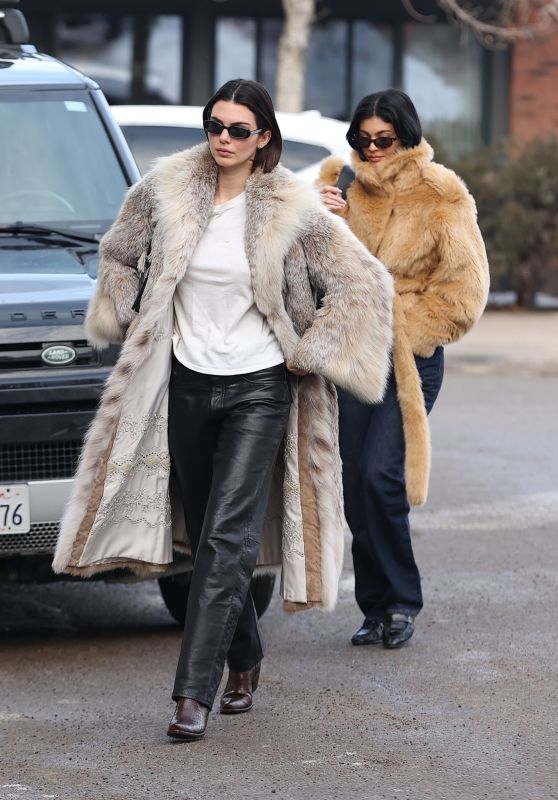
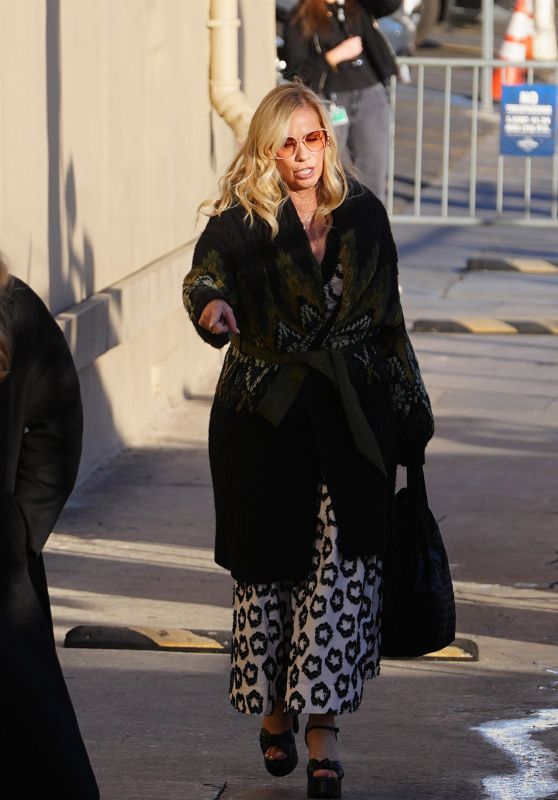
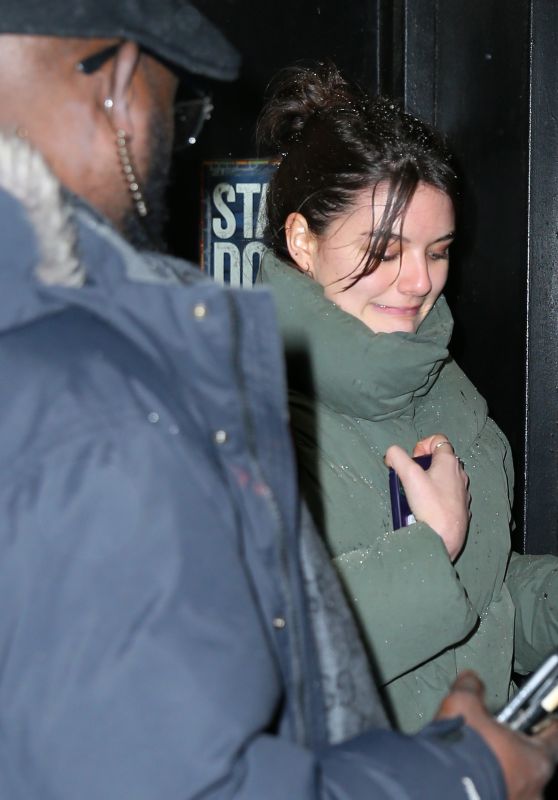
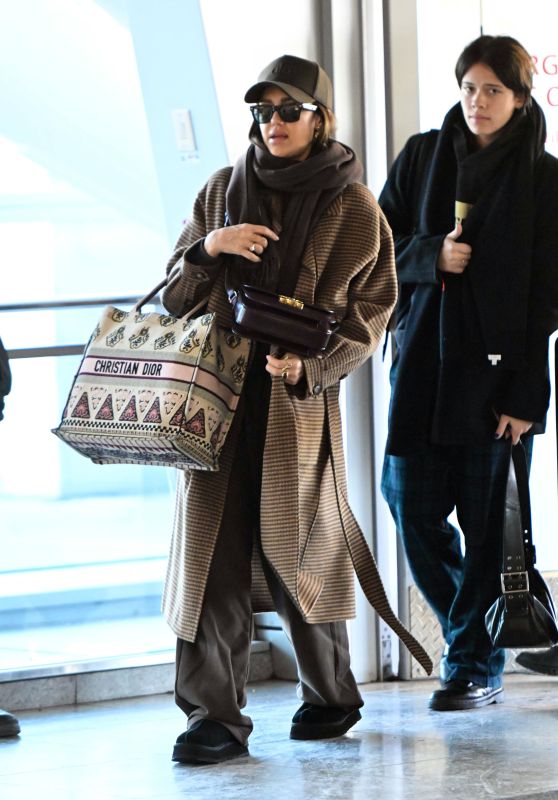

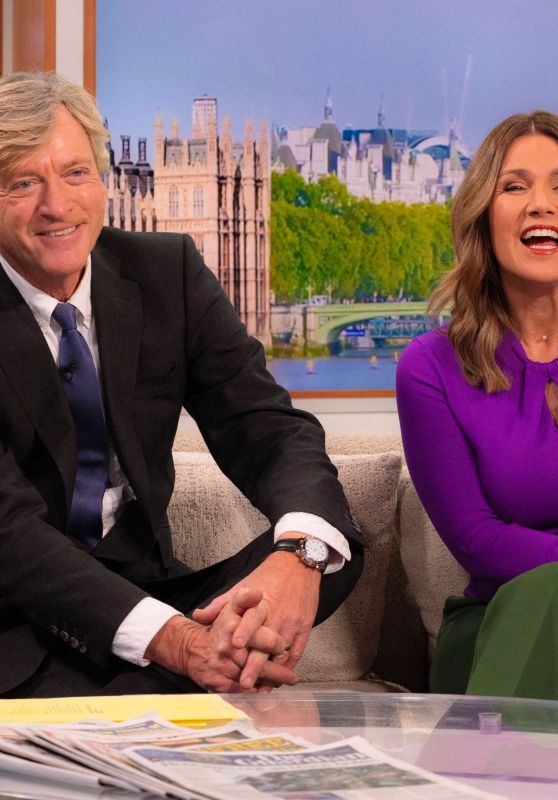

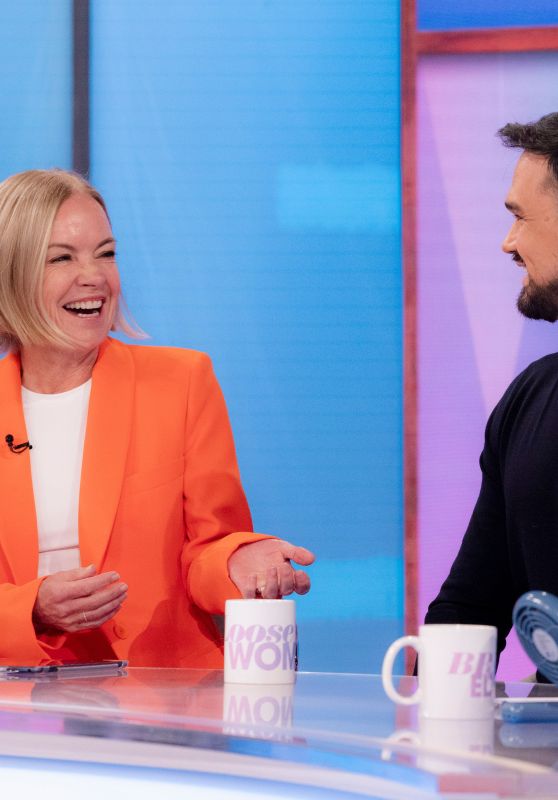

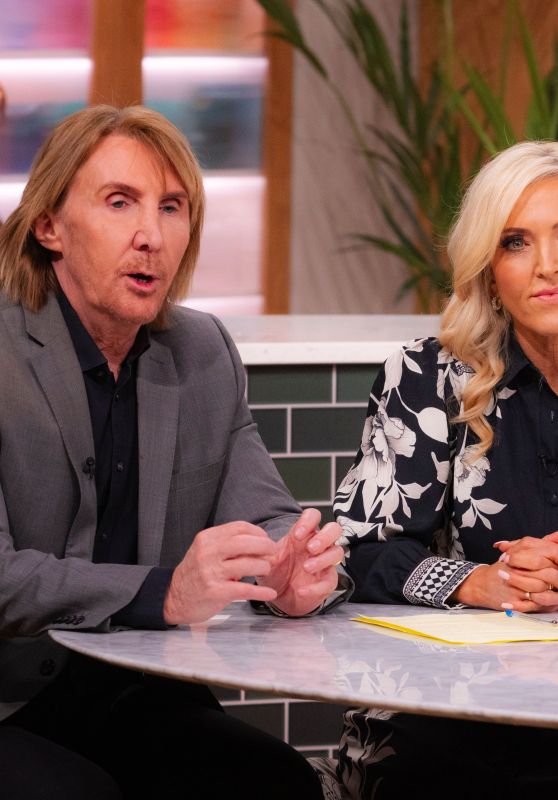










 English (US) ·
English (US) ·